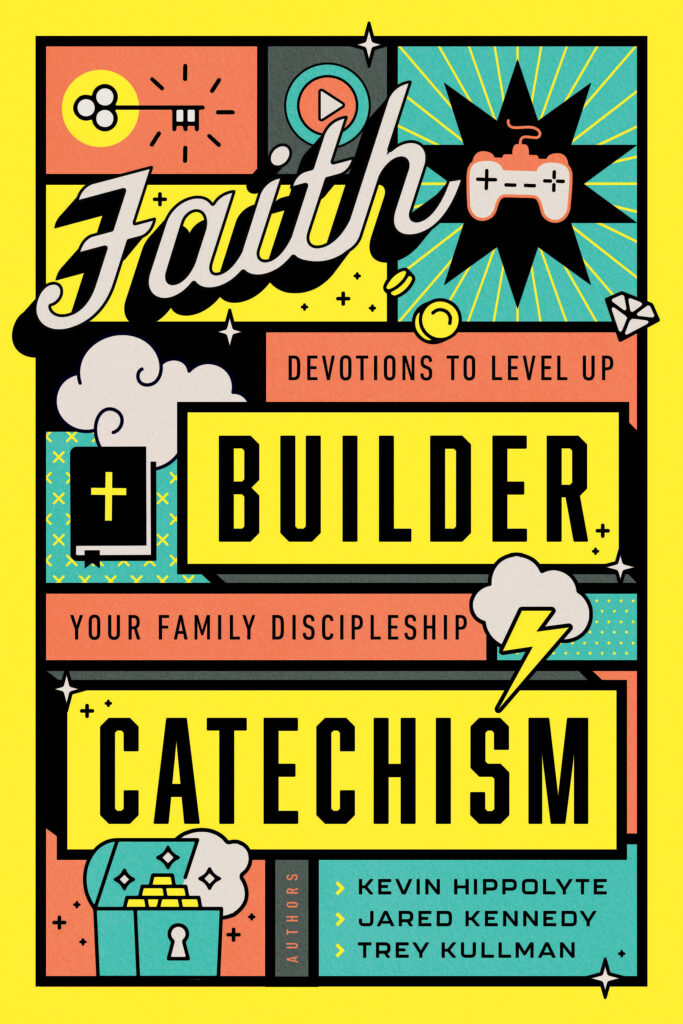This summer I got the opportunity to serve as a chaplain for a week of family camp at Camp Susque. The setting at Susque is picturesque, a valley surrounded by mountains and bordered by a gently rolling creek. Their young staff was extremely kind and welcoming to me and invited me into some of their camp traditions. One that stuck with me and has since been absorbed by my family is their sharing of “thankfuls” each morning.
They take a few moments after the morning devotional together to circle up and share one thing they’re thankful for. Now, it wouldn’t be camp without some rules to work around and give each other a hard time about. Each thankful must be specific—none of this general “I’m thankful for a nice day” business. It also needs to be unique. There’s no room for repeats or piggybacking on someone else’s idea. Try to bend these rules and you’ll likely get busted by the thankful czar (typically Peter, their fearless leader).
It was beautiful seeing this group take time amid their mile-long to-do list to press pause and reflect on God’s gifts. As I was sharing this experience with my wife once I’d returned home, we agreed that it would be a fun and helpful rhythm for our family to step into.
Why Gratitude?
Our God is a giver of good gifts. In Luke 7:9–11, Jesus explained his Father’s generous heart like this:
“Or which one of you, if his son asks him for bread, will give him a stone?Or if he asks for a fish, will give him a serpent? If you then, who are evil, know how to give good gifts to your children, how much more will your Father who is in heaven give good things to those who ask him!”
Luke 7:9–11
Our Father cares for us in ways big and small, seen and unseen. Some of what he offers is immediately noticeable and easy to call out sitting around the dinner table: a meeting that went well, a good grade on an exam, or finally getting a hit after a stretch of strikeouts. Other gifts are harder to see in the moment, but they’re no less real and come from the same generous hands of our Lord: friendships that carry you through seasons of suffering, the Lord’s faithfulness in your child’s spiritual journey, or slow growth as you battle sin that’s afflicted you over a lifetime.
We haven’t done anything to deserve these good gifts, but God offers them to us all the same. He’s kind, generous, and loving–more than we could ever be. His greatest gift to his children is salvation itself, through his Son. Jesus’s life, death, and resurrection, and the new life he offers us is a gift better than we could imagine. Like all the rest, it’s a gift we don’t deserve and there’s nothing we can do to earn it. Ephesians 2:8–9 tells us, “For it is by grace you have been saved, through faith–and this is not from yourselves, it is the gift of God–not by works so that no one can boast.”
Our practice of remembering the small, day-to-day gifts that God gives us helps point ourselves and our kids to God’s big gift of grace. Like any work in discipling, we don’t do it perfectly. We forget to ask the question some nights, though our kids are starting to be little thankful czars that help keep us on track. Other nights, an argument erupts about who gets to use the big exciting event as their moment of gratitude (remember, no repeats!). But occasionally, everyone is excited to share something from their lives that feels like a gift designed just for them. We get to learn about what our kids love and value, and they get a chance to reflect on God’s goodness and provision for them.
Sharing Thankfulness
This simple practice has worked great for our little family, but it doesn’t have to stop there. You may have a chance to share the gift of gratitude beyond your family immediate family. I know it’s hard to believe, but Thanksgiving is right around the corner. It’s a season when being thankful and grateful should come easily, and yet there always seems to be some drama attached to our gatherings. When we gather around the table to celebrate the good gifts we’ve been given, we’re quick to get distracted by a dry turkey, a political argument, or some wild comment from that crazy uncle.
What if, instead of hoping that everyone still feels thankful by the time our meal is over, we got proactive to ensure that thankfulness was the main dish we enjoyed together? Sharing you family’s thankfulness practice can go a long way toward squashing the drama and squabbles. More than modeling thankfulness is an opportunity to point ourselves and our larger families to the grace of the gospel. It’s a reminder of God’s mercy that will remain even after the meal is over and the leftovers are put away.
faith builder catechism
Faith Builder Catechism is a 52-week devotional that helps families press pause on screen time and develop healthy discipleship rhythms in a fun, interactive format. Authors Kevin Hippolyte, Jared Kennedy, and Trey Kullman lead the way for families to establish regular discipleship conversations and cultivate a deeper knowledge of the theology expressed in the Apostle’s Creed, the Ten Commandments, the doctrines of grace, the Great Commission, and the Lord’s Prayer.






